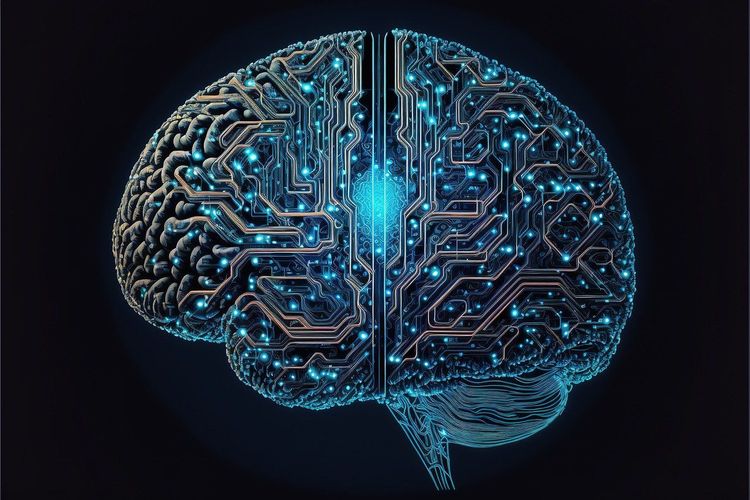Navigating the landscape of AI-powered code-generating tools can be overwhelming, especially given the variety of options available—ranging from open-source projects to proprietary cloud solutions. The question then arises: how does one select the right tool? This decision isn't straightforward. While some tools may excel in specific programming languages or logic challenges, many share similar functionalities.
Amazon aims to change this narrative.
Today, Amazon announced enhancements to its AWS code-generating tool, Amazon CodeWhisperer. This optimization focuses on providing improved app development suggestions specifically for MongoDB, the popular open-source database management system. Amazon claims that CodeWhisperer now delivers superior code recommendations aligned with best practices for MongoDB, helping developers accelerate their prototyping efforts.
“Regardless of the application in development, users can now receive generative AI-powered code suggestions that comply with MongoDB best practices,” said Deepak Singh, VP of next-gen developer experience at AWS, in an email. “Our joint customers will benefit from these optimized suggestions across both AWS and MongoDB, significantly speeding up the development of scalable, cloud-based applications.”
To enhance CodeWhisperer’s MongoDB-related recommendations, AWS collaborated closely with MongoDB, the company, to train the tool's AI model using carefully selected content and code across languages such as C#, Go, Java, JavaScript, and Python. The data used for training included MongoDB documentation, use cases, and essential tasks like data aggregations and operations, with the MongoDB team actively evaluating CodeWhisperer’s outputs throughout the training.
“Training AI-powered coding tools is an iterative process, and we’re thrilled with the results so far,” remarked Andrew Davidson, SVP of product at MongoDB, in an email interview. “We will continue collaborating with the Amazon CodeWhisperer team to further enhance performance and accuracy, delivering an even better experience for developers using MongoDB Atlas on AWS.”
The partnership between Amazon and MongoDB is established, having worked together since the launch of MongoDB Atlas—a fully managed service on AWS—almost seven years ago. Thus, the collaboration on CodeWhisperer is not unexpected. What remains to be seen is the potential impact this may have on the commercial code generation landscape.
Looking ahead, will AWS seek similar collaborations with other vendors for code-specific optimizations? And is there a financial arrangement involved—did MongoDB and Amazon exchange any funds for these enhancements? Both companies have denied such exchanges.
Moreover, there are legal implications to consider. Microsoft, GitHub, and OpenAI are currently embroiled in a class-action lawsuit accusing them of copyright infringement for allowing Copilot, GitHub's code-generating tool, to reproduce licensed code snippets without attribution. Amazon may be positioning itself to avoid similar legal challenges.
This raises the question of whether competitors like GitHub will forge their partnerships to counter the improvements made by Amazon's CodeWhisperer. Amazon clearly views its collaboration with MongoDB as a unique selling proposition, complementing its existing MongoDB products.
While it is unlikely to see immediate responses from Copilot, which reportedly operates at a loss, it boasts a robust user base with over a million paying customers and more than 37,000 enterprise clients. Nevertheless, given the unpredictable nature of the generative AI sector, motivated by lawsuits or heightened competition, anything can happen.







